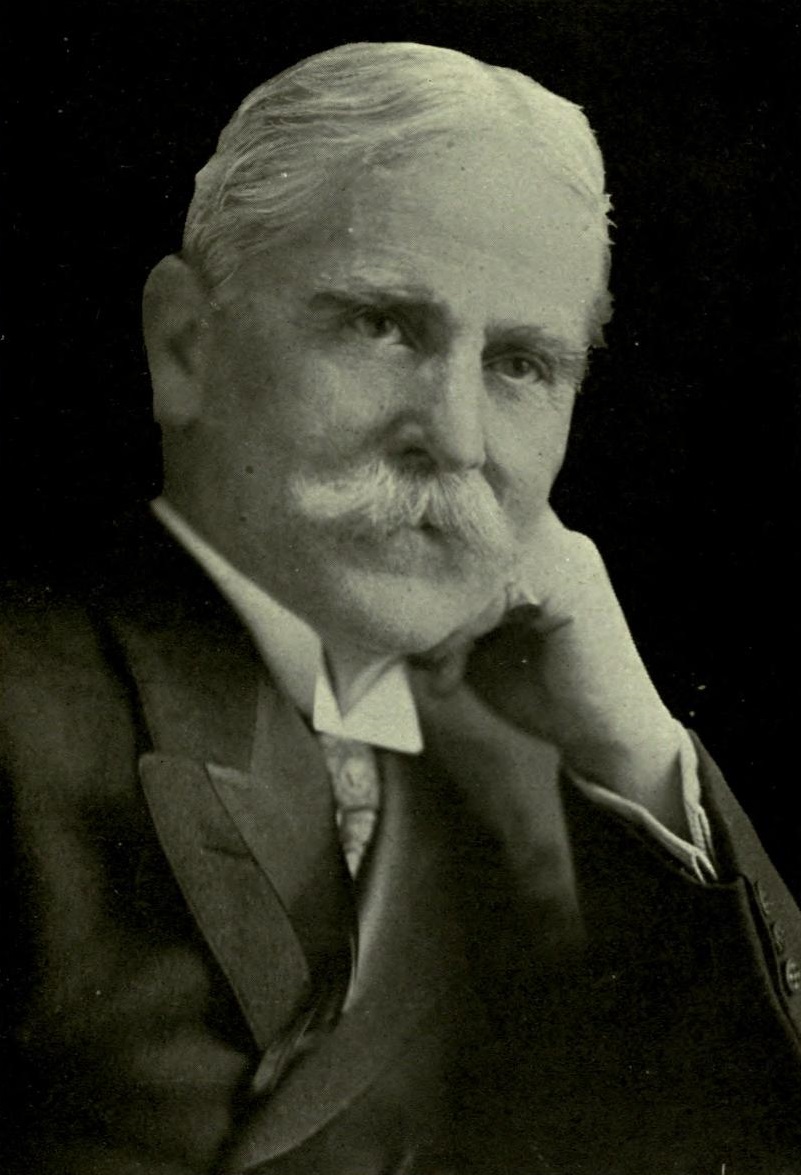Henry Van Dyke Frases famosas
“Um homem sem um país é um exilado no mundo; um homem sem Deus é um órfão na eternidade.”
A man without a country is an exile in the world, and a man without God is an orphan in eternity.
Henry van Dyke, citado em "The Missionary review of the world" - vol. 26, página 528, de Royal Gould Wilder, James Manning Sherwood - Missionary Review Publishing Co., 1903
Henry Van Dyke: Frases em inglês
“The lintel low enough to keep out pomp and pride:
The threshold high enough to turn deceit aside.”
For the Friends at Hurstmont. The Door
Undated
The Battle of Life
Joy and Power http://www.gutenberg.org/files/10395/10395-h/10395-h.htm (1903)
America's Prosperity (October 1, 1916).
Love in a Look.
Remarks About Kings (October 1915).
The Peaceful Warrior, st. 1-2 (May 1918).
National Monuments, st. 1 (February 1905).
Fonte: Ships and Havens https://archive.org/stream/shipshavens00vand#page/28/mode/2up/search/more+we+think+of+it (1897), p.27
“Raise the stone, and thou shalt find me; cleave the wood and there am I.”
The Toiling of Felix, Pt. I, prelude (1900)
America for Me http://www.potw.org/archive/potw308.html, st. 2 (1909)
A Leaf of Spearmint, III
Little Rivers http://www.gutenberg.org/dirs/etext98/ltrvs10.txt (1895)
Joy and Power
Joy and Power http://www.gutenberg.org/files/10395/10395-h/10395-h.htm (1903)
“Death comes in its own time, in its own way.
Death is as unique as the individual experiencing it.”
Gone From My Sight http://www.theribbon.com/poetry/gonefrommysight.asp
Undated
This may be misattributed. It appears to be a direct and original quote from "Individuality and encounter: a brief journey into loneliness and sensitivity groups" by Dr Clark E Moustakas (1971 p15, prev 1968)
Attributed
Fonte: America for Me (1909), Lines 21-24.
The Toiling of Felix, Pt. III, st. 5. (1898)
Little Rivers
Little Rivers http://www.gutenberg.org/dirs/etext98/ltrvs10.txt (1895)
Another Chance.
“Every mountain is, rightly considered, an invitation to climb.”
Ampersand
Little Rivers http://www.gutenberg.org/dirs/etext98/ltrvs10.txt (1895)
Liberty Enlightening the World (1917)
Liberty Enlightening the World (1917)
